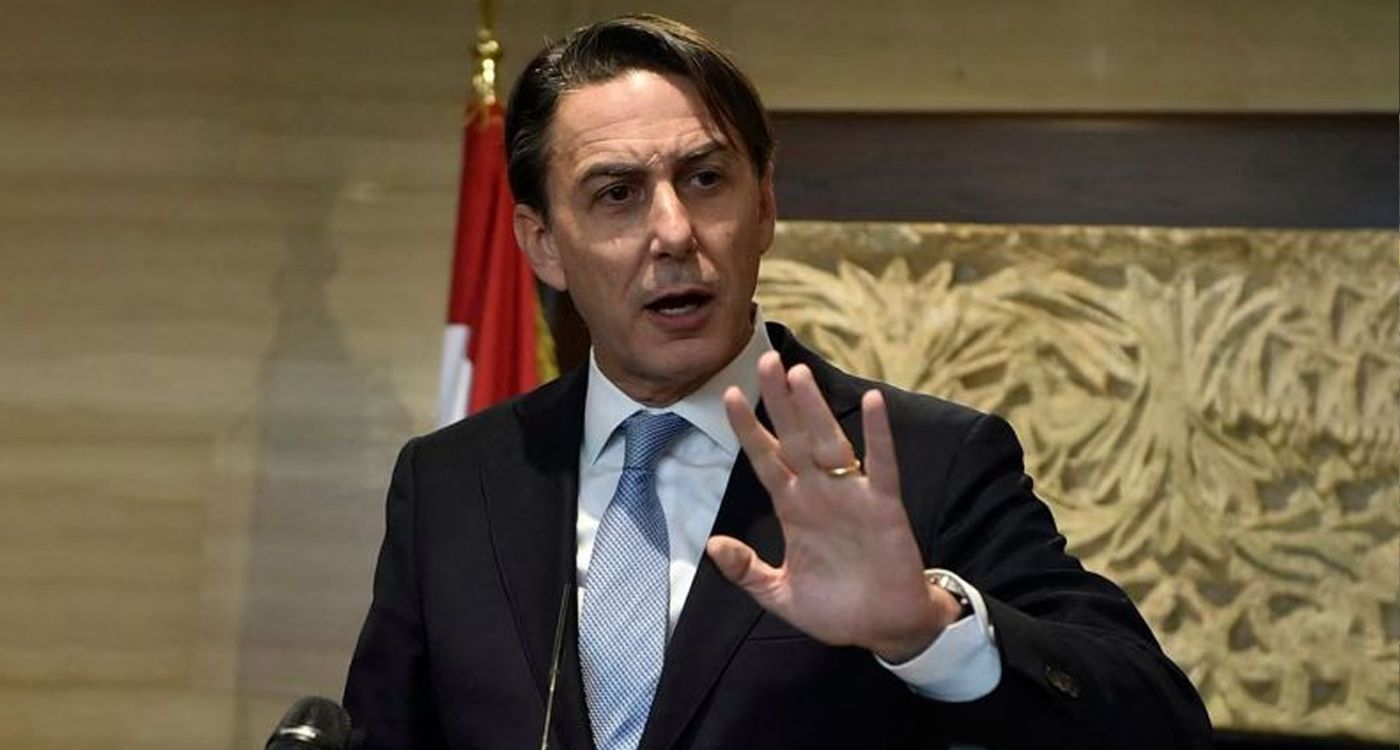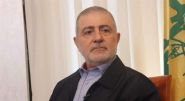
US President Joe Biden’s advisors, Amos Hochstein and Brett McGurk, will visit Israel on Thursday to attempt to negotiate a ceasefire that would enable displaced civilians on both sides of the border to return home, according to US media Axios.
If successful, this would significantly de-escalate the regional war in the Middle East for the first time since its onset.
Hochstein, who visited Beirut last week, received a positive response from Lebanese officials regarding the possibility of moving toward a ceasefire independent of the ongoing conflict in Gaza.
Israeli and US officials told Axios that the deal could be finalized within a few weeks. According to the same report, Israeli Prime Minister Benjamin Netanyahu held a meeting on Tuesday night to discuss the potential deal.
Israeli officials indicated that the Israeli army is nearing the conclusion of its ground operations in villages close to the Israeli-Lebanese border.
On Tuesday, Hezbollah appointed Naim Qassem as the group’s Secretary-General. According to a report by Al-Arabiya, he was appointed specifically to focus on securing a ceasefire.
What Does the Deal Comprise?
According to Axios, Israeli officials stated that the proposed deal is based on re-implementing UN Security Council Resolution 1701, which ended the 2006 war in Lebanon.
The envisioned agreement would include a ceasefire announcement and a 60-day transition period.
During this time, Hezbollah would relocate its heavy weaponry north of the Litani River, away from the Israeli border.
The Lebanese army would deploy approximately 8,000 troops along the border with Israel, joining UNIFIL peacekeepers, while the Israeli military would gradually withdraw to the Israeli side of the border.
A Previously Rejected Deal
Two weeks ago, Israel presented the US with a document outlining its conditions for a diplomatic solution to end the conflict in Lebanon.
These demands included permitting the Israeli army to engage in “active enforcement” to ensure that Hezbollah does not rearm or rebuild military infrastructure in areas of southern Lebanon near the border—a stance contrary to UN Resolution 1701.
Parliament Speaker Nabih Berri expressed opposition to any amendments to UN Resolution 1701, effectively rejecting Israel’s demand.
While this condition will not be part of the official agreement with Lebanon, Israeli officials noted that Israel is seeking a letter of assurances from the Biden administration, ensuring US support for this “active enforcement” measure.



Comments